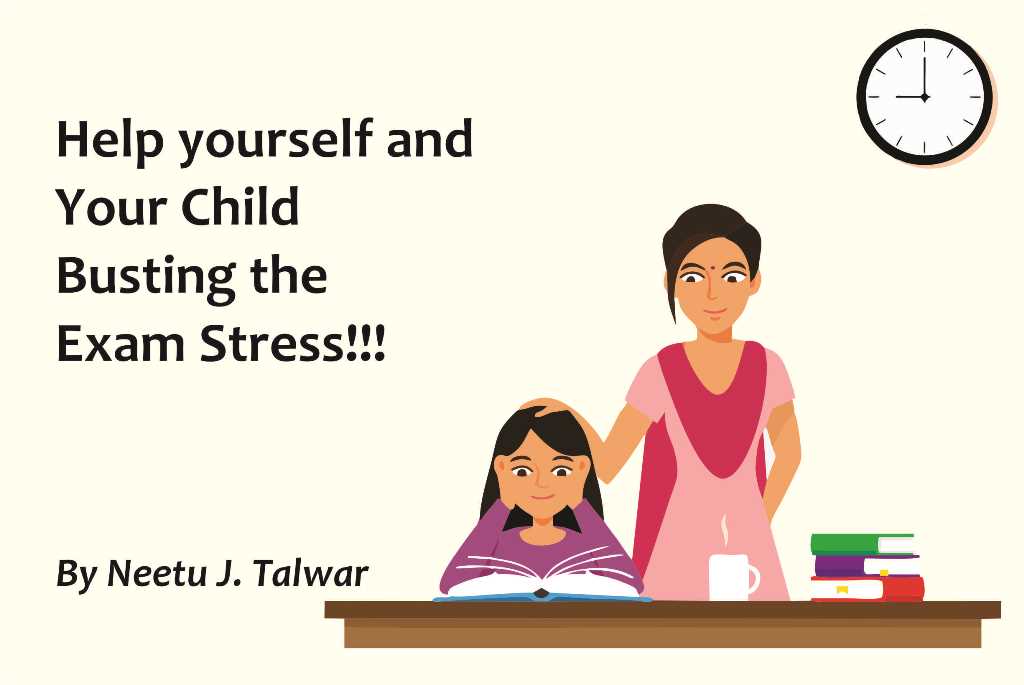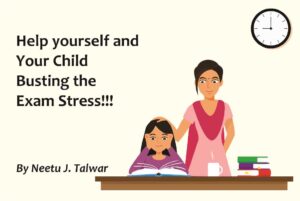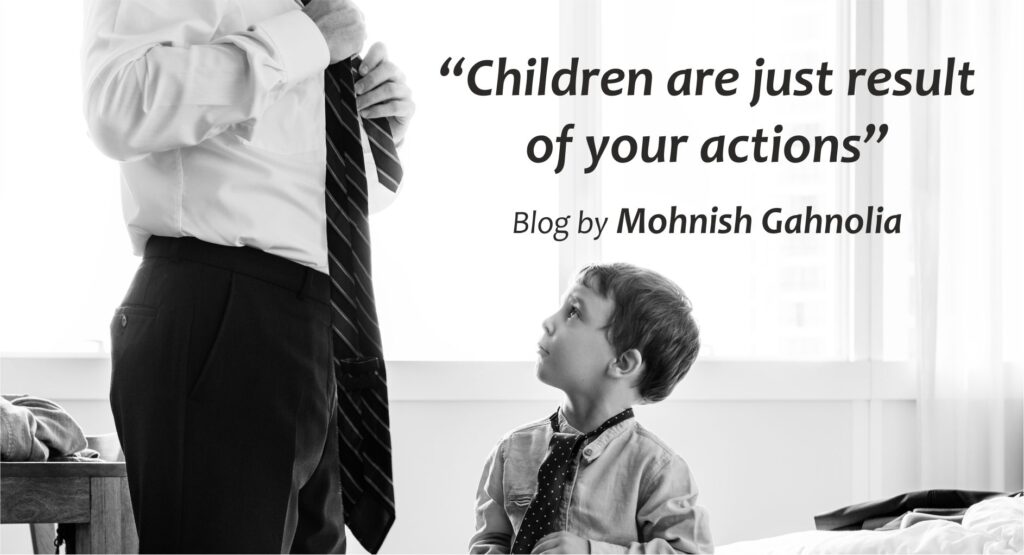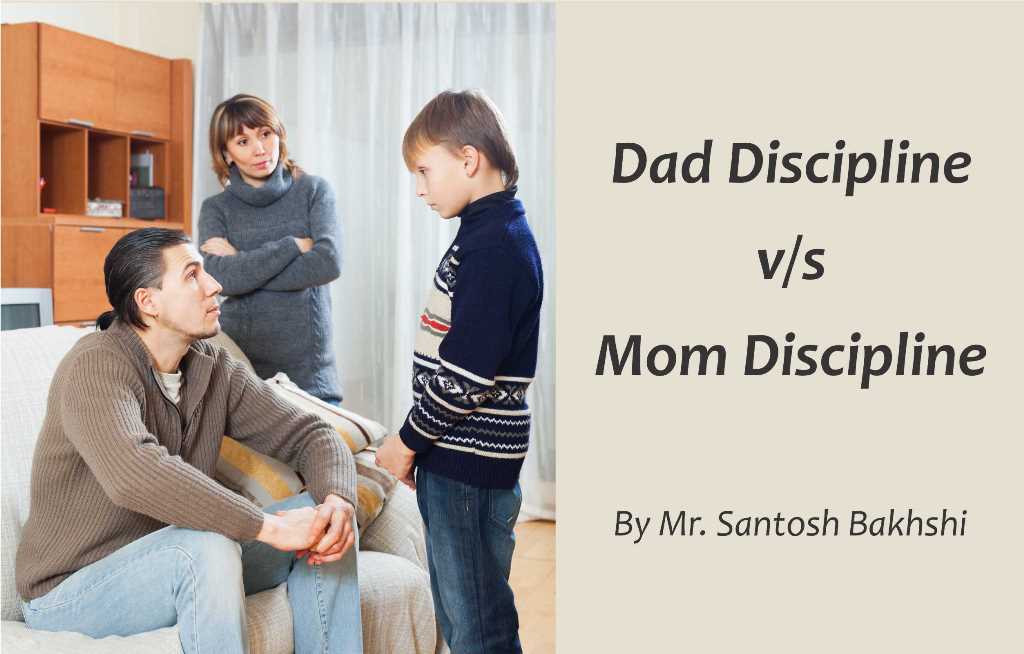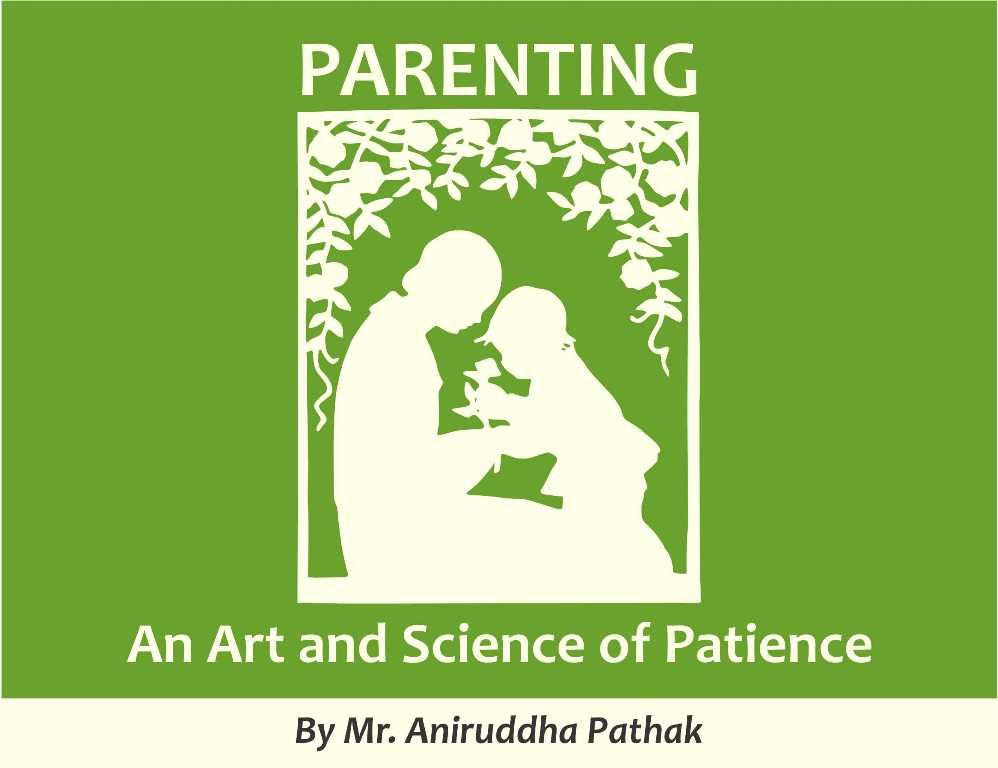Becoming a mom changes everything, but one of the most empowering things a mom can do is gain financial independence. It’s not just about making money—it’s about having the freedom to make decisions for yourself and your family without relying on anyone else.
In the journey from “Mom to Ma’am,” financial independence is like a key that unlocks a whole new world. It allows you to balance both being a mom and following your own dreams and goals. It’s about creating a life where you don’t have to choose between taking care of your kids and achieving your own personal success.
Taking Control of Your Life
When you’re financially independent, you have the power to make choices that are right for you and your family. Instead of depending on someone else for your financial security, you’re in charge of your own future. You can decide what career path you want to take, whether you want to start a business, or even just what’s best for your family in the long run. Financial independence means freedom. It means not having to ask for permission to follow your passions or make big life decisions.
One of the hardest things moms deal with is mom guilt. Whether it’s guilt about working too much or not spending enough time with the kids, it’s always there. But when you’re financially independent, you can learn to let go of that guilt. You’re not just doing it for yourself—you’re doing it for your family too. Showing your kids that you can balance both career and family teaches them important lessons about work, responsibility, and passion.
Financial independence for moms isn’t just about having more money; it’s about freedom. It’s about being able to make decisions that serve you and your family’s future. When a mom becomes financially independent, she gains confidence, control, and the ability to chase her own dreams while still being the loving, dedicated mom she always was.
So, as you go through your own journey from “Mom to Ma’am,” remember that you don’t have to choose between being an amazing mom and achieving your personal goals. You can do both—and financial independence is the key to unlocking that power.














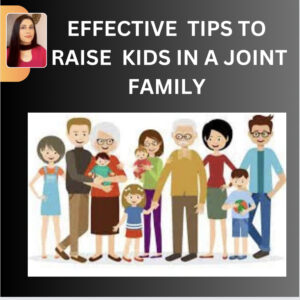 EFFECTIVE TIPS TO RAISE KIDS IN A JOINT FAMILY
EFFECTIVE TIPS TO RAISE KIDS IN A JOINT FAMILY